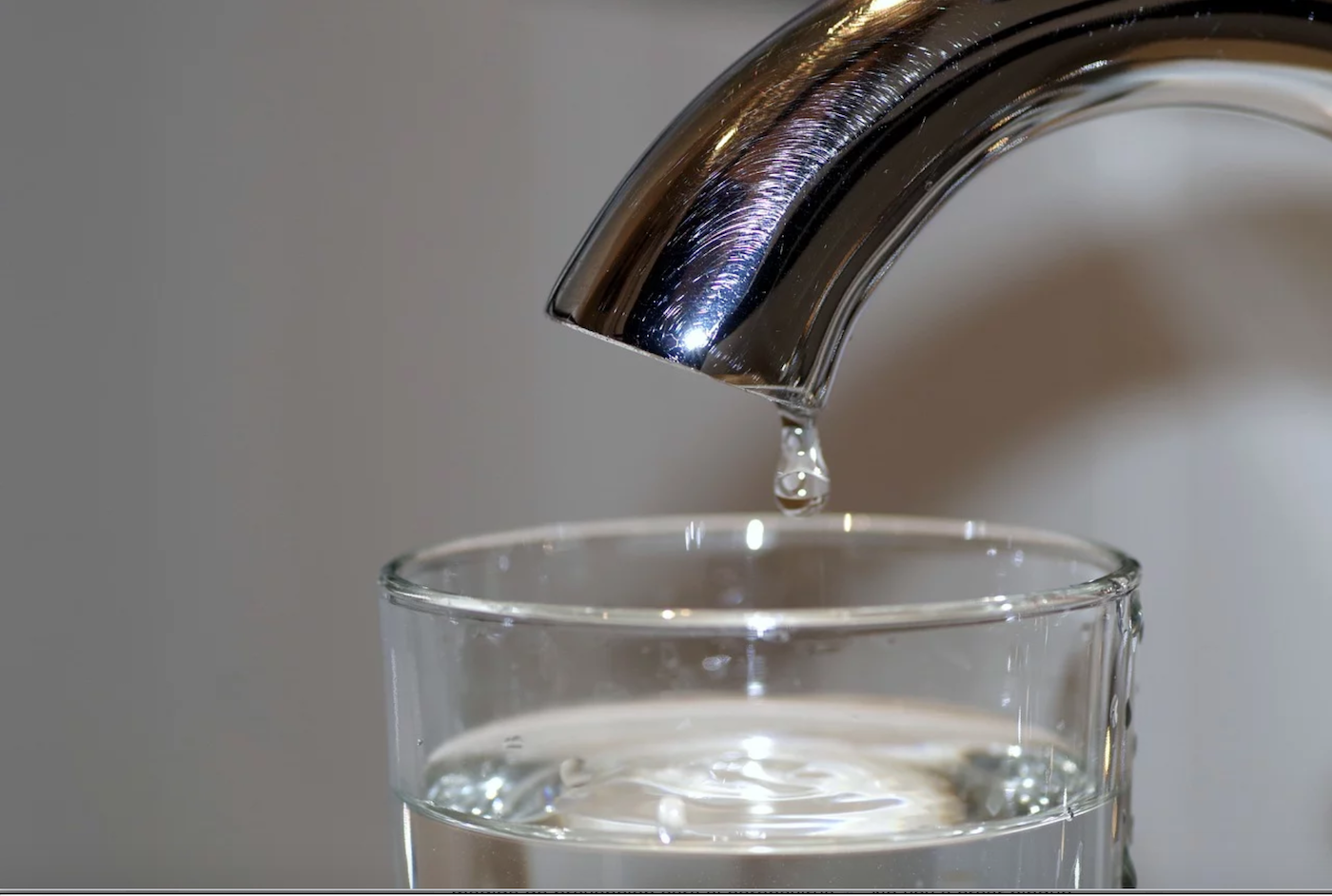Key aspects universities and schools need to monitor to prevent Legionella

Although Legionella and its harmful effects are fortunately seldom experienced nowadays, the threat is still real if building managers and owners are not diligent in following the official policies. While prevention is particularly important in places where high-risk individuals like the elderly and sick are accommodated –hospitals, for instance– regulations need be met in all buildings in order to minimise the risk of a Legionella outbreak.
There are official regulations that universities and schools need to meet regarding Legionella to prevent outbreaks. Guidance for controlling Legionella is thoroughly detailed in HSG274 and in the ACoP L8 or Approved Code of Practice L8 2013 – this refers to the Control of Legionella Bacteria in Water Systems. Whenever a building does not comply the regulations, not only will people’s health can be put at risk, but also responsible parties could be sued for negligence.
Identify the risk in educational centres
Legionnaires disease is basically a form of pneumonia caused by breathing in water droplets contaminated with Legionella bacteria. Sources of Legionella include showers and taps in school changing rooms or gyms, water fountains, as well as air conditioning. All of those sources, and even more, would need to be assessed and maintained to prevent an outbreak of Legionella.

Thus, before any work can be carried out to reduce the risk of Legionella, it’s necessary to conduct an inspection of the site to identify where Legionella outbreaks could occur. Any water storage system where the water is stored between twenty and forty degrees Celsius is particularly at risk, while any water distribution appliances like taps and showers will also need to be assessed and analysed.
Installation
In case you are setting up a newly designed water system or need to make changes to your old system, you will need to make sure everything is optimised in order to prevent Legionella outbreaks. This involves ensuring your water distribution and storage systems are not fertile breeding grounds for Legionella bacteria by regulating the temperature and by limiting areas where water could potentially stagnate; dead legs in piping, for instance, should be definitely avoided.
Maintenance
One of the stipulations of Legionella policies is that any management of water systems needs to be carried out by competent individuals that have been trained with a proper Legionella training programme. It is recommendable to bring in experts to take care of maintenance and checks to guarantee that the job is completed to the highest standards. Maintenance work includes inspecting water systems and distributers as well as performing testing on water to detect potential anomalies.
Why are Legionella policies that important?
Legionella is a dangerous bacteria that thrives in moist areas where waters is stored and can come into contact with human beings, leading to conditions like Pontiac fever as well as Legionnaire’s disease. This disease is caused when the Legionella bacteria is inhaled into the lungs, generating a wide range of symptoms like persistent coughing, shortness of breath and also muscular pain. If the condition is not treated properly it can cause permanent and even lead to death.
Having Legionella prevention policies in your university or school means that students and teachers can be protected from environmental risks and will be free to work in safety.








